NEWS
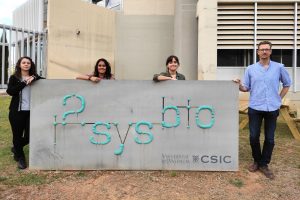
The bacterial load of chewing gum persists even weeks after being in the ground
Researchers from the Institute of Integrative Systems Biology (I2SysBio), a joint centre of the University of Valencia and the CSIC, has analysed the wasted chewing gum bacteria from five different countries. The research, just published in the journal ‘Scientific Reports’, shows that the bacterial load of gum changes in a matter of weeks and that oral bacteria persist surprisingly long enough when gum is in the ground. This research can be applied in forensic medicine or control of contagious diseases.
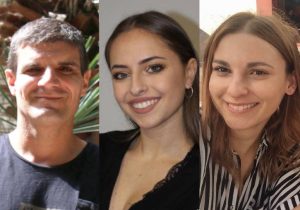
The role of dopamine in neurons involved in some psychiatric disorders investigated
Juan Nácher, professor of Cell Biology at the University of Valencia (UV), has conducted research on the role of dopamine – a substance in the brain important in behaviours – in a population of immature neurons in the adult brain, which could be involved in some psychiatric disorders, mainly depression. The work, published in the journal ‘Frontiers in Neuroscience’, suggests a new target in the treatment of these conditions.
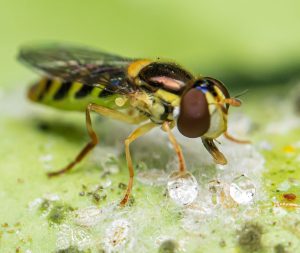
Two insecticides recommended in pest management negatively affect beneficial insects through honeydew
A study by the University of Valencia (UV), the CSIC, the CIDE (Desertification Research Centre) and the Valencian Institute for Agrarian Research (IVIA) shows that pymetrozine and flonicamide, two insecticides recommended in some integrated management programs pests (GIP), can negatively affect biological control agents when they feed on honeydew. The work, applied to citrus fruits, has been published in the journal Environmental Pollution.
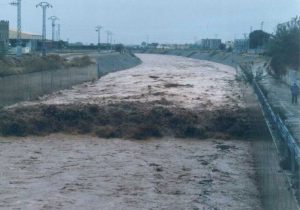
The future Valencian teachers of Primary Education need to improve their knowledge about the risk of flooding
A study by Álvaro Morote, a researcher at the Faculty of Teacher training at the University of Valencia (UV) and by María Hernández, professor of Geography at the University of Alicante (UA), highlights that current teaching students at the UV have not received sufficient training during their school education on the risk of flooding and its relationship with climate change. In addition, there is a lack of knowledge on the subject that is accentuated by the information sources used by future teachers (especially the Internet), and because only 11.2% of those surveyed believe that training their future students in this area can reduce risks.
Events
Articles
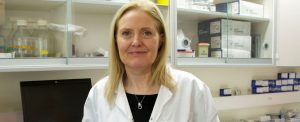
Dolors Corella, pioneer of nutritional genomics
When Dolors Corella Piquer (Onda, Castellón, 1966) received the 2018 Rey Jaime I Award for Medical Research, this professor of

Hidden biodiversity: cetacean parasites
Parasitism is the most widespread life strategy in the living world. It could be said that parasites represent the largest
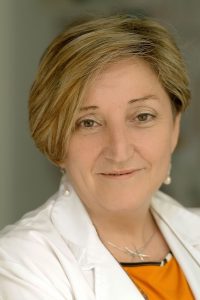
Ana Lluch, a passionate and committed ‘double agent’ in the fight against breast cancer
It is a pleasure for me to draw a profile of Professor Ana Lluch, whom I have known, in a
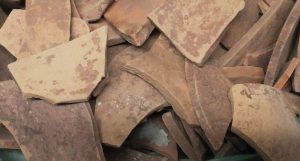
The archaeological science research in the Mediterranean area
Since the middle of the last century, the study of archaeological materials using methodologies typical of disciplines considered as sciences
Experts
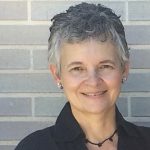
Investigadora científica del CSIC y directora del IATS-CSIC
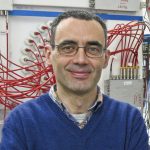

Investigador de Fisabio
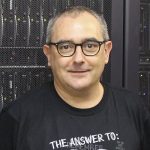
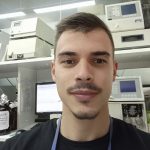
Investigador predoctoral del CSIC en el IATA
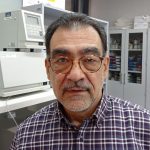
Profesor de investigación del CSIC en el IATA
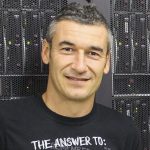
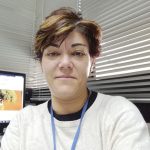
Científica titular del CSIC en el IATA
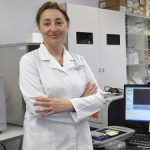
Investigadora
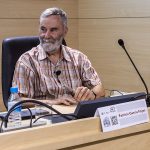
Profesor de Investigación del CSIC